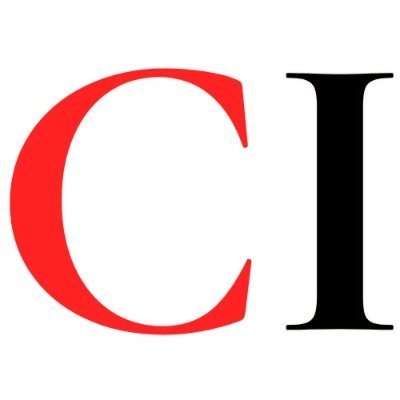Tencent to seek domestic AI training chip supplies after latest US curbs

Chinese tech group Tencent Holdings said on Wednesday it will look for domestic sources for AI training chips following new moves by the United States to restrict chip supplies to China.
Tencent president Martin Lau said on a call with analysts that the White House’s decision last month to ban more AI chips from export to China will force the company to use its existing chips more efficiently and seek domestically produced AI chips.
Lau’s comments come as Chinese companies with AI ambitions are scrambling to cope with the United States’ ever-expanding AI chip export restrictions to China.
Before these restrictions were imposed, US semiconductor giant Nvidia had traditionally dominated the AI chip market in China. But now a growing number of Chinese tech firms are turning to homegrown chipmakers like Huawei Technologies for AI chip supply. Reuters reported last week that Tencent’s rival Baidu has ordered 1,600 of Huawei’s Ascend 910B chips.
Lau said Tencent had stockpiled enough Nvidia chips to continue the development of its AI model called Hunyuan “for at least a couple more generations”. As such, the new chip curbs will not affect the development of Tencent’s AI capability in the near term.
But Lau said the new rule will impact Tencent’s cloud services where the company sells computing power to clients.
“We feel that the chip ban does actually affect our ability to resell these AI chips through our cloud services,” he said.
Lau said Tencent currently has one of the largest inventory of AI chips in China.
“One of the key things that we have done was that we were the first to put in order for the H800 [chips from Nvidia] and that allow us to have a pretty good inventory of H800 chips,” he added.
The Nvidia H800 chips were AI chips Nvidia developed specifically for China late last year in response to an earlier US curb on AI chips to China. But the new rule announced last month also covers the H800 chips.
Tencent said a way to best utilise its current stock of H800 chips might be to keep them only for the most crucial part of developing an AI model, which is the training of the model.





